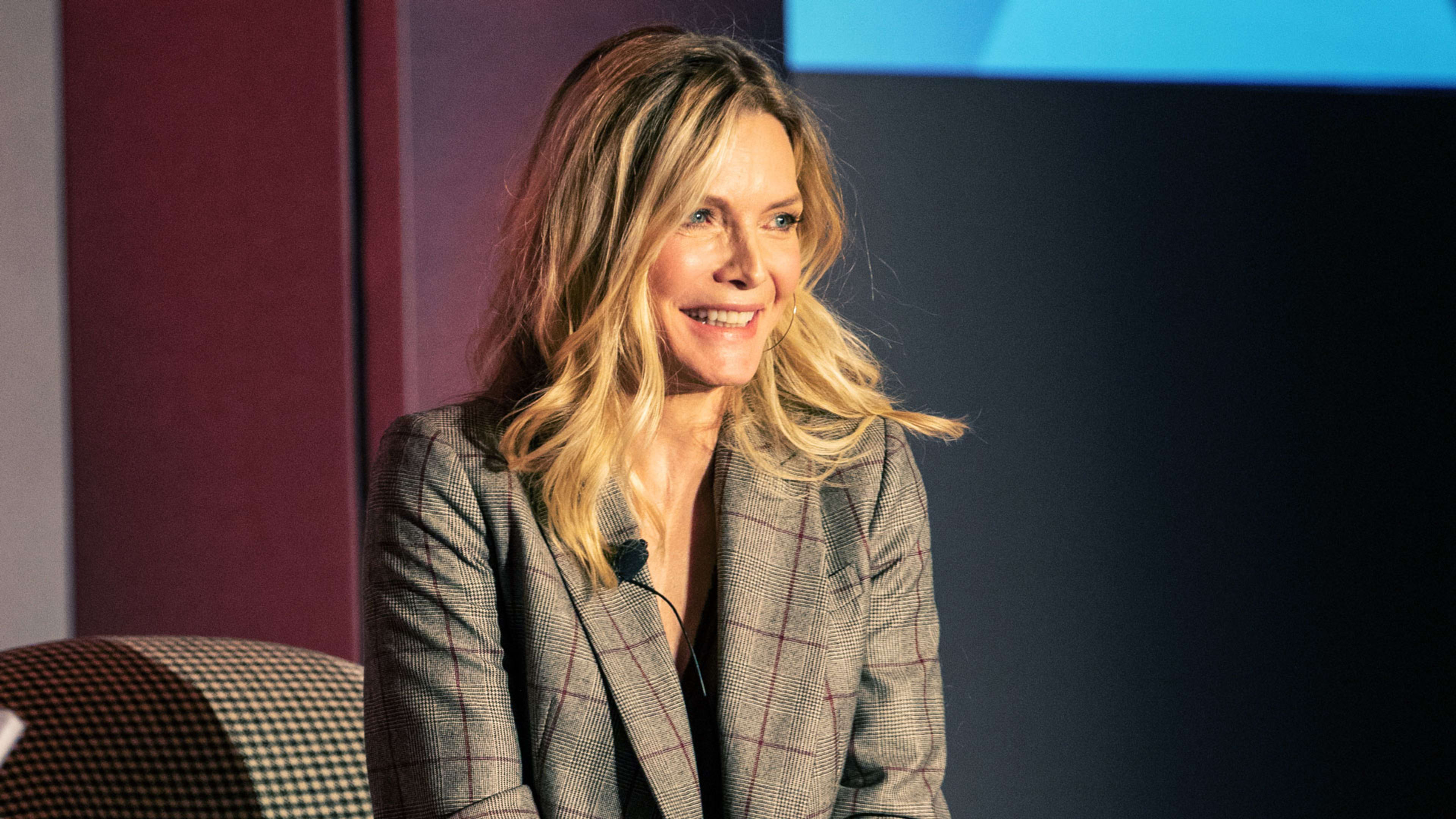As consumers continue to demand safer personal-care products, the clean-beauty industry is booming, with one forecast saying it will top $25 billion by 2025. It’s no wonder that big brands like Sephora are paying more attention.
The latest high-profile name to enter the mix is actress Michelle Pfeiffer, who spent the last few years developing a line of fine fragrances with a commitment to 100% transparent ingredients. Unlike many other personal-care products, perfumes are mostly still a mystery when it comes to the secretive formulas that go into them. Pfeiffer is hoping to change that with her direct-to-consumer brand, called Henry Rose, which launched earlier this month.
“[Fragrance] was and continues to be, up until now, the black box in terms of ingredients,” Pfeiffer said Thursday at the Fast Company Impact Council meeting in New York, where she discussed her 10-year journey to bringing Henry Rose to market.
Although it might be tempting to lump Pfeiffer in with the growing list of celebrity evangelists riding the bandwagon of “clean” beauty, she’s actually not a huge fan of the descriptor. “‘Clean’–what does it mean?” she said during a one-on-one discussion with Fast Company’s editorial director, Jill Bernstein. “It sort of means whatever the company or the brand decides it means.”
She added that many common buzzwords, like “natural” and “organic,” have been so watered down by marketing spin that they’re practically useless. “‘Natural’ means nothing. White oleander is natural,” Pfeiffer said, cleverly referencing one of her own films. “I’m not putting it in my fragrance.”

Then they went a step further, obtaining certification from the Cradle to Cradle Products Innovation Institute, a nonprofit that works with manufacturers to ensure sustainability and environmental friendliness.
A venture borne out of necessity
Pfeiffer said she decided to launch Henry Rose after becoming frustrated by her own inability to find fragrances she could trust. Time and again, searching for new options yielded the same disappointments, as Pfeiffer would discover a promising new scent that turned out to contain problematic ingredients. Eventually, she just gave up.
“Long story short . . . I stopped wearing perfume,” she said. “I started looking for fragrance-free options for the family. And you know, I love perfume. I’m passionate about scent, but I stopped wearing it for over 10 years.”
If big-brand perfumes are poison, maybe Henry Rose could be the antidote, so to speak. The scents are currently only available via the company’s website, and while Pfeiffer said she’s looking at ways to grow the business, she’s in no rush to expand beyond the core product that has taken so long to develop.
How does she feel now that Henry Rose the company is finally up and running? “It’s like giving birth a little bit,” she said. “It’s, like, really painful. You do it, and there it is–and you love it. And as soon you try to figure out what stage they’re in, they change.”
Recognize your brand’s excellence by applying to this year’s Brands That Matter Awards before the early-rate deadline, May 3.
